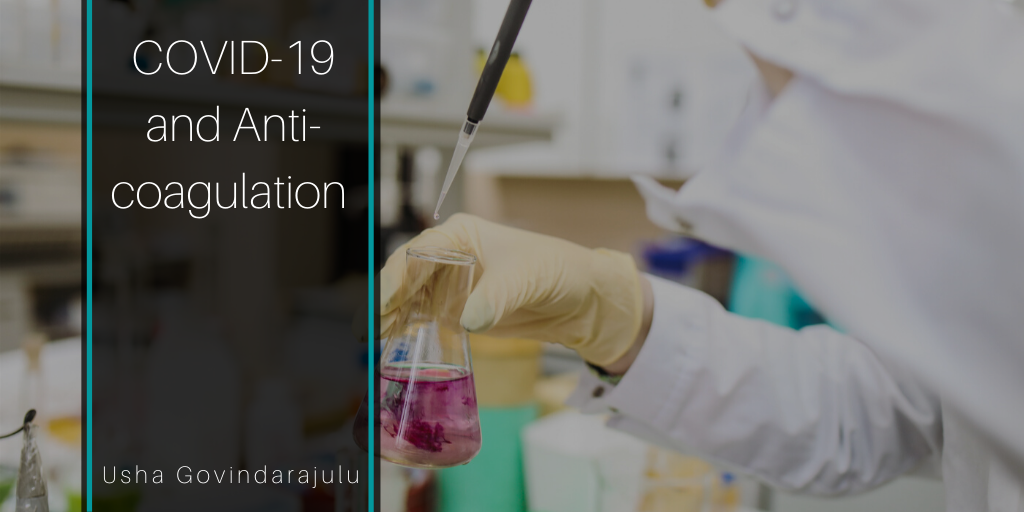The COVID-19 Virus has displayed a number of novel complications that cause treatment to be more difficult. Among the most important complications is that of systemic clotting that proves difficult to control. The lack of clear information in the early days of the pandemic have resulted in many unfortunate decisions to have been made, but medical experts have learned a great deal about proper approaches to anti-coagulation in regards to COVID-19 patients.
Autopsies have shown widespread clotting to be common in victims of the virus, and understanding the causes of these clots is crucial.
Elevated D-dimer, a product of fibrin degradation, at the admission of patients has been linked by Wuhan doctors with higher odds of death for hospital patients. Fibrin degradation is an indicator of thrombosis, and the disease has shown very clearly that thrombosis is strongly connected. Stephan Moll of the University of North Carolina at Chapel Hill Hemophilia and Thrombosis Center believes that all COVID-19 patients should be on blood thinners. “Should they be on higher than usual prophylactic doses?” He says “And the answer is possibly yes. Because it may be microvascular thrombosis in the lung, in the kidneys that lead to pulmonary failure and renal failure and eventually death.”
It has been clearly established that a primary cause of death among COVID patients is clotting, but the exact response advised has varied.
International Society on Thrombosis and Haemostasis recently recommended that all hospitalized patients diagnosed with COVID-19, even non-ICU ones, should be given a dose of low molecular weight heparin (LMWH) such as Lovenox. Though they note that if the patient has active bleeding or a low platelet count, this would be contraindicated.
Stephen Moll also commented on the use of LMWHas the preferred anticoagulant. He notes that long-chain (unfractionated) heparin could be more useful in some cases, as that form of heparin has a higher anti-inflammatory effect. “And inflammation plays a big role in COVID-19.”
However, it should be noted that the exact causes of coagulation in COVID-19 patients is not yet fully understood. Should further information come forth concerning the exact mechanism of coagulation, the advised response could change.
